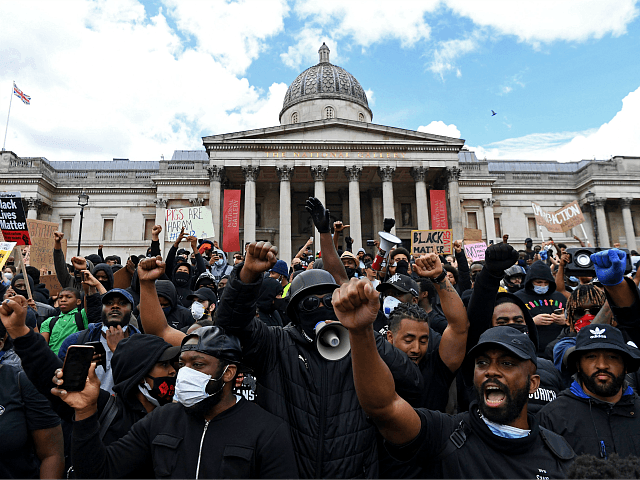The Lloyd’s of London corporate insurance marketplace and the Greene King pub chain will both pay reparation to the Black and Minority Ethnic (BAME) community over historic links to slavery.
“We are sorry for the role played by the Lloyd’s market in the 18th and 19th century slave trade,” a spokesman for Lloyd’s told The Telegraph.
University College London (UCL) research found that Simon Fraser, a founding subscriber member of Lloyd’s, was compensated for an estate in the Caribbean when the British people abolished slavery throughout their empire by purchasing the freedom of the slaves.
“This was an appalling and shameful period of English history, as well as our own, and we condemn the indefensible wrongdoing that occurred during this period,” the Lloyd’s spokesman said.
“We will provide financial support to charities and organisations promoting opportunity and inclusion for black and minority ethnic groups,” they added.
Pan-African Reparations Coalition: ‘British Electorate Is Poisoned by Toxins of White Supremacy’ https://t.co/83Vdp2pVFw
— Breitbart London (@BreitbartLondon) December 23, 2019
UCL also found that Greene King founder Benjamin Greene was compensated for three plantations when slavery was abolished.
“It is inexcusable that one of our founders profited from slavery and argued against its abolition in the 1800s,” said Greene King chief executive Nick Mackenzie.
“We don’t have all the answers, so that is why we are taking time to listen and learn from all the voices, including our team members and charity partners, as we strengthen our diversity and inclusion work,” he added.
The executive also committed to a “substantial investment to benefit the BAME community and support our race diversity in the business as we increase our focus on targeted work in this area.”
Farage: Poor History Teaching Means Young Don’t Know Britain Stamped Out Slavery Worldwide https://t.co/hGLR0MD5Q3
— Breitbart London (@BreitbartLondon) June 12, 2020
Doling out money to BAME groups in Britain as reparations for ties to Caribbean slaveholdings may not prove effective in righting historic wrongs, however, especially given most BAME people in Britain do not have Caribbean heritage.
It also might be argued that Britain paid “reparations” for participating in the slave trade — like all of its contemporaries — in the 1800s, when both perpetrators and victims were still alive; for example by outfitting a Royal Navy squadron with the express mission of stamping out the slave trade in the Atlantic.
Between 1808 and 1860 over 150,000 people were liberated from the slave trade by the West Africa Squadron. #BlackAndBritish pic.twitter.com/FyRTtk5yit
— BBC Two (@BBCTwo) November 23, 2016

COMMENTS
Please let us know if you're having issues with commenting.